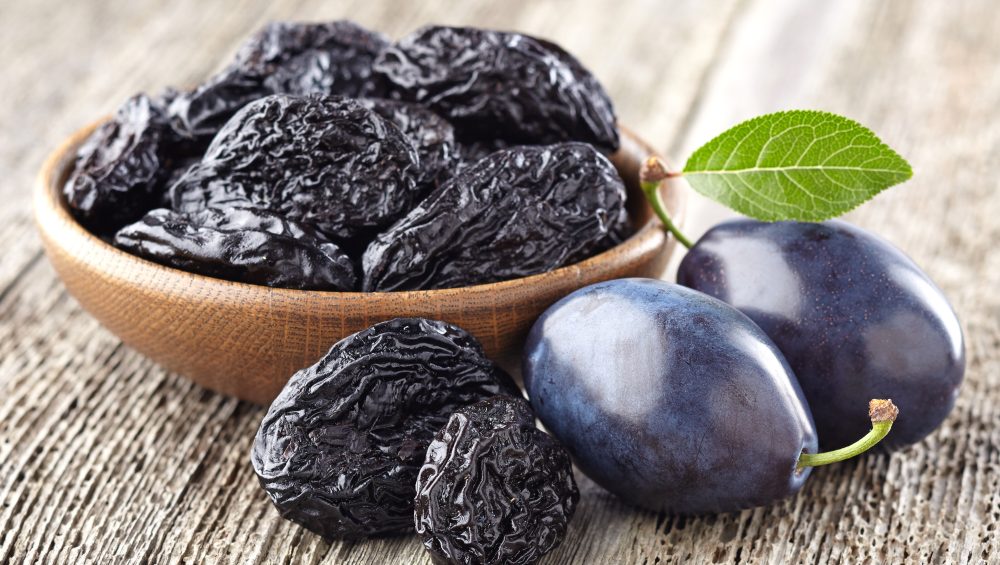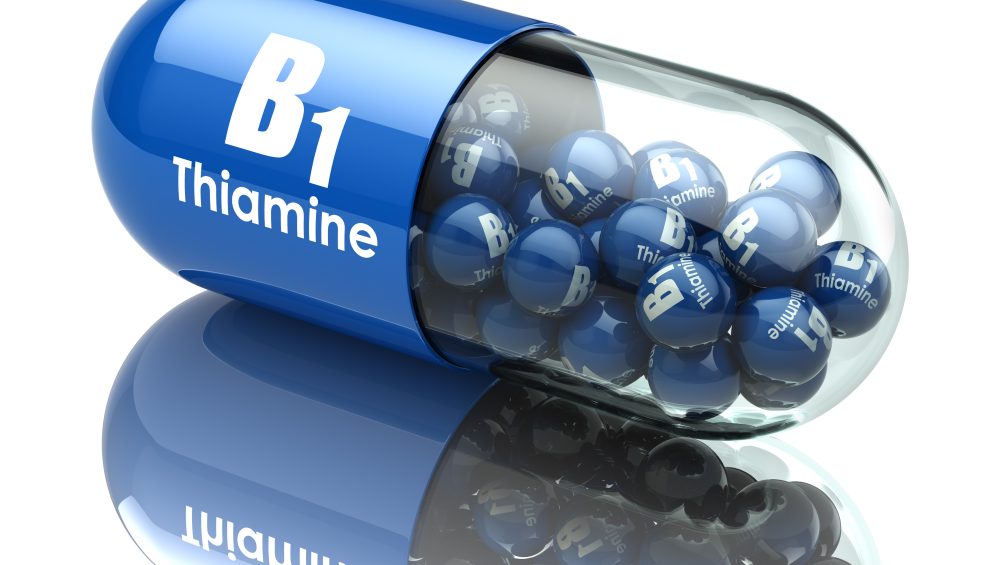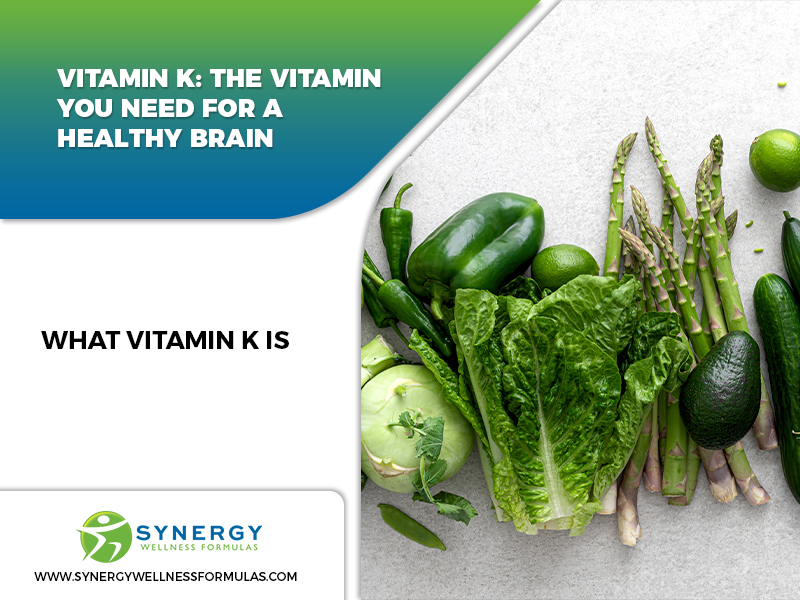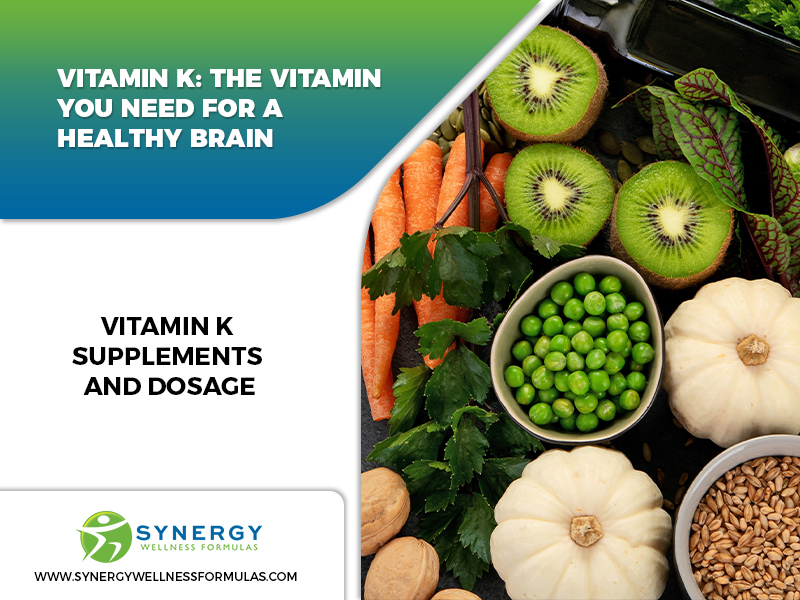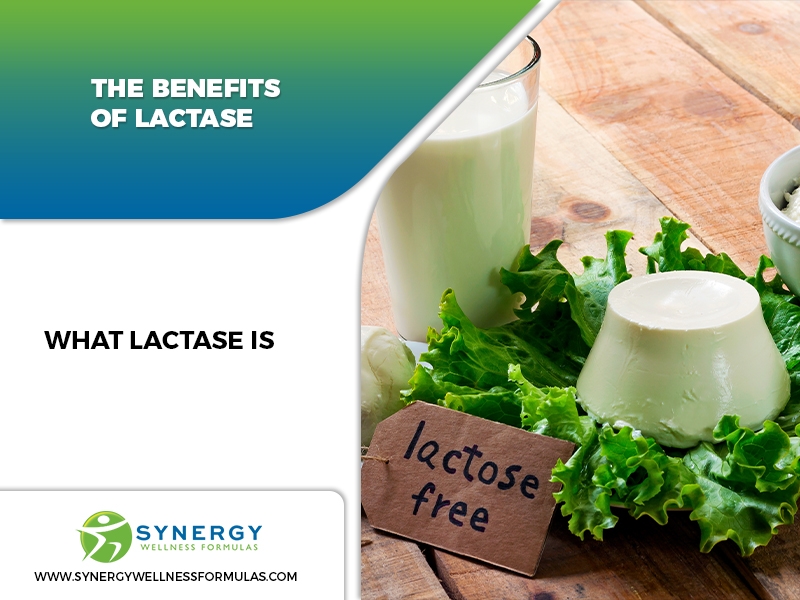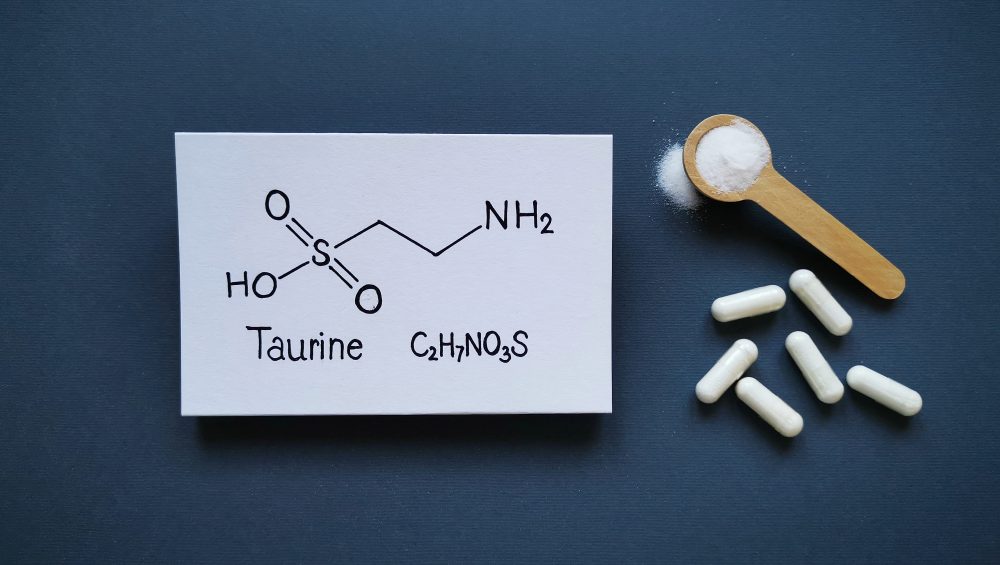Goji berries are a nutrient-rich fruit that has been shown to offer a variety of health benefits. They are believed to help improve vision, boost the immune system, and protect against cancer. They are also high in antioxidants, which can help fight free radicals and keep the body healthy.

What The Goji Berry Is
The goji berry, considered both a fruit and herb, has been used in traditional Chinese medicine for over 2,000 years. Other vegetables related to goji berries include tomatoes, chili peppers, and potatoes. The goji berry is a small, red fruit that resembles a raisin.
There are two types of goji berries: red and black. The red goji berry is the most commonly consumed type. The black goji berry is less sweet and often used in savory dishes. Goji berries taste like a cross between a cranberry and a cherry; they are often used in trail mix, granola, energy bars, and tea. Other names for the goji berry include wolfberry, Lycium fruit, and boxthorn.
Goji berries are native to China and can be found in the Himalayan mountains. Today, they are grown in many parts of the world, including the United States, Australia, and Europe. Goji berries have been in use since ancient times and are mentioned in some of the earliest Chinese texts. Traditionally, goji berries were used by Chinese herbalists to treat a wide variety of ailments, including fatigue, anxiety, and poor circulation. Goji berries are often used with other traditional herbs, such as licorice, Ganoderma, and Gynostemium pentaphyllum, to make herbal tea.

Goji Berry Health Benefits
There are many claimed health benefits of goji berries, but few have been proven by scientific research. Goji berries are a great source of antioxidants, which can help protect cells from damage. They also contain vitamins A and C and minerals such as iron and selenium.
Goji berries lower oxidative stress and may help improve liver function. A study in rats found that goji berry extracts improved liver damage caused by a high-fat diet. They decrease inflammation and may help improve joint pain. They also fight free radical damage and help boost the immune system.
Goji berries have been found to contain compounds that can help protect the liver from damage. Goji berries promote liver and kidney health by helping detoxify the body. They also help improve blood circulation and boost the immune system. All of these effects may help keep the liver and kidneys healthy.
They contain vitamins A and C, which are essential for eye health; they also help ward off common illnesses like colds and flu. Goji berries have carotenoids, which are a type of antioxidant that helps protect cells from damage. They are found in many fruits and vegetables, including goji berries. Some carotenoids, such as lutein and zeaxanthin, are important for eye health. Carotenoids are thought to help reduce the risk of some chronic diseases, such as heart disease and cancer.
Precursors are chemicals that are necessary for the body to produce a particular substance. In the case of goji berries, the precursor is vitamin A. The body needs vitamin A to produce the pigment that allows us to see in low light. It also helps keep our eyes healthy and can reduce the risk of some chronic diseases.
Goji berries have been found to contain glycoconjugate compounds, which are thought to play a role in the plant’s traditional uses for health. Glycoconjugate compounds are believed to help protect cells from damage and may help improve liver function. More research is needed to determine the health effects of glycoconjugate compounds.
There is some evidence that goji berries may have anti-aging properties. One study found that goji berry extract helped improve the appearance of wrinkles in rats. More research is needed to determine if goji berries have anti-aging effects in humans.

Cancer-Fighting Properties
Goji berries fight tumor growth by inducing apoptosis, which is programmed cell death. Studies have found that goji berry extract can help fight various types of cancer, including breast, colon, and lung cancer. Goji berries may also help protect against radiation-induced damage.
They can help prevent neurodegenerative decline by fighting free radical damage. Goji berries have been found to help improve cognitive function in rats. They also help protect against age-related memory decline.
Goji berries are thought to have several properties that may help protect reproductive organs. They contain compounds that help fight free radical damage and reduce inflammation. They also help improve blood circulation and boost the immune system. All of these effects may help protect the reproductive organs from damage.

Promotes Skin Health
Goji berries promote skin health by fighting free radical damage. Free radicals are molecules that can damage cells and lead to chronic diseases. Antioxidants help neutralize free radicals and prevent them from causing damage. Goji berries contain vitamins and carotenoids that are vital for skin health; goji berries also help improve blood circulation and boost the immune system. All of these effects may help keep the skin looking young and healthy.
They have anti-inflammatory properties that can help reduce the redness and swelling of acne. They also help fight bacteria and keep the pores clear. All of these effects may help improve the appearance of acne.
Goji berries have been found to contain compounds that can help protect the skin from damage caused by ultraviolet (UV) radiation. More research is needed to determine if goji berries can help protect against skin cancer. Goji berries are loaded with beta-carotene, which is converted to vitamin A in the body. Vitamin A helps keep the skin moist and can reduce the formation of wrinkles.
Goji berries protect against skin disorders such as psoriasis and eczema. Goji berries protect against UV light damage by absorbing UV light and converting it into harmless infrared radiation. This action helps protect the DNA of skin cells and reduces the risk of skin cancer.

Protects Eye Health
Goji berries protect the eyes from age-related diseases like macular degeneration and cataracts. They do this by fighting free radical damage and inflammation. Goji berries also help improve blood circulation and boost the immune system. All of these effects may help keep the eyes healthy as we age.
Goji berries contain zeaxanthin, which is a compound that helps protect the eyes from ultraviolet (UV) radiation. Zeaxanthin is converted to vitamin A in the body, which is essential for eye health. Goji berries protect the eyes from hypopigmentation, which is a condition that causes the iris to lose its color.
Goji berries help improve vision by increasing the secretion of aqueous humor. This is the liquid that fills the space between the cornea and the lens of the eye. Goji berries also help protect the retina from damage.
Goji berries protect the retina from ganglion cells, which are cells that are responsible for sending visual information to the brain. Goji berries also help protect the eyes from glaucoma, which is a condition that damages the optic nerve. Goji berries have been found to help improve vision in people with diabetic retinopathy. This is a condition that damages the blood vessels in the retina.

Stabilizes Blood Sugar
Goji berries help control the release of sugar into the bloodstream. They do this by stimulating the release of insulin, which may help stabilize blood sugar levels. They also increase glucose responsiveness and insulin sensitivity by inhibiting the breakdown of glycogen. Glycogen is a compound that is broken down into glucose and used for energy.
Goji berries also help reduce the symptoms of diabetes. They do this by reducing inflammation and improving blood sugar control. The presence of polysaccharides in the fruit also gives goji berries hypoglycemic effects. These polysaccharides help slow the release of sugar into the bloodstream, which may also contribute to stabilizing blood sugar levels.

Boosts Energy And Mood
Goji berries can increase energy levels and improve mood. This is due to the presence of compounds like beta-carotene and vitamins B1, B2, and C. Goji berries also contain iron, which is vital for the production of energy in the body.
Goji berries help boost mood by increasing the levels of serotonin in the brain. Serotonin is a neurotransmitter that is involved in the regulation of mood and anxiety. Low levels of serotonin are associated with depression. The presence of polysaccharides in goji berries also helps improve mood and reduce stress.

Improves Digestive And Intestinal Health
Goji berries improve digestive health by increasing the production of stomach acid. They also help protect the lining of the stomach from damage. Goji berries contain prebiotics, which are compounds that help promote the growth of healthy bacteria in the gut. The presence of healthy bacteria in the gut is important for digestive health.
Goji berries also better gastrointestinal function by promoting the growth of healthy bacteria in the gut. The presence of healthy bacteria in the gut is vital for digestive health. Goji berries also help reduce inflammation in the gut, which may help prevent diseases like Crohn’s disease and ulcerative colitis.
Goji berries are an excellent source of fiber, which is essential for digestive health. Fiber helps bulk up stools and prevents constipation. Fiber may also help reduce the risk of heart disease and stroke.
Goji berries can also help reduce the risk of heart disease by reducing inflammation and improving blood cholesterol levels. Goji berries also help lower blood pressure. The presence of antioxidants in the fruit helps protect the heart from damage.

Can Boost Fertility
Goji berries can increase fertility by improving blood circulation. They do this by increasing the production of nitric oxide, which helps relax the blood vessels and improve blood flow. The improved blood circulation can help increase fertility and sperm count.
Goji berries may also help increase fertility by protecting the eggs from damage. The antioxidants present in goji berries help protect the eggs from oxidative stress. Oxidative stress is a condition that can damage the DNA of eggs and lead to infertility.
Goji berries are also a good source of iron, which is vital for fertility. Iron helps transport oxygen to the cells, which is necessary for the development of healthy eggs. Goji berries aid ovulation regulation by helping balance hormone levels. The presence of polysaccharides in goji berries helps regulate the release of follicle-stimulating hormone (FSH) and luteinizing hormone (LH). FSH and LH are hormones that are involved in ovulation.
Goji berries may help prevent miscarriages by reducing inflammation. They can also protect against testicular tissue damage, such as that caused by cadmium exposure. Cadmium is a heavy metal that can damage testicular tissue and lead to infertility.
Goji berries also raise sexual hormones and have an aphrodisiac effect. This is due to the presence of compounds like beta-carotene and vitamins B1, B2, and C. Goji berries also contain iron, which is important for the production of energy in the body.

Goji Berry Nutrition Facts
Goji berries are full of protein and amino acids, so they’re a good snack for people who are trying to build muscle. Goji berries also contain vitamins B1, B2, and C. Goji berries contain iron, zinc, and phosphorus, which are all essential for the body.
They are also rich in vitamin A. They contain beta-carotene, which is a precursor to vitamin A. Vitamin A is crucial for eye health and the immune system. One hundred grams of goji berries contain the following.
- Calories: 334
- Fat: 7.6 grams
- Protein: 11.3 grams
- Carbohydrates: 63.7 grams
- Fiber: 10 grams
- Sugar: 36.4 grams
- Vitamin A: 14% of the recommended daily intake (RDI)
- Vitamin C: 132% of the RDI
- Vitamin B2: 26% of the RDI
- Iron: 21% of the RDI
- Zinc: 14% of the RDI
- Phosphorus: 12% of the RDI

How To Find And Use Goji Berries
You can find goji berries at most health food stores. You can also find them online and in Asian markets. You can identify fresh and high-quality berries by their bright red color. Avoid goji berries that are dull in color or have been soaked in water. When storing goji berries, place them in a cool, dry place; you can also store them in the fridge for up to two weeks.
Goji berries can also be found in some products like energy bars, trail mix, and tea. You can also find goji berry powder and extract. Goji berry prices tend to be higher than other berries, but they are a healthy and nutritious addition to your diet.
You can eat goji berries raw, or you can cook them. Goji berries can be used in many different recipes. You can add them to smoothies, yogurt, oatmeal, or baked goods. You can also use them to make tea.

Goji Berry Supplements
However, if you’re looking for an even greater boost of nutrition, taking a goji berry supplement is a good option. While Goji berries are great superfoods, dietary changes can be difficult to stick to. Taking a goji berry supplement is an easy way to get the benefits of goji berries without changing how you eat.
Supplements also provide all the benefits of the goji berry without any added sugar or calories. They can even provide additional antioxidants and nutrients that can help improve your health. Taking a goji berry supplement is an easy way to get the nutritional benefits of this superfood without making any dietary changes.

Goji Berry Risks And Side Effects
Goji berries are safe for most people, but you should speak to your doctor before eating them if you have any medical conditions. High quantities of goji berries can cause stomachaches and diarrhea. Goji berries can also interact with certain medications, so it’s crucial to speak to your doctor before eating them. Those on blood thinners, diabetes medication, and psychiatric medications should be cautious when eating goji berries.
Goji berries are generally safe in reasonable portions for people, but there is a risk of allergic reactions. Allergy symptoms of goji berries include itchy eyes, runny nose, and difficulty breathing. If you have an allergy to other berries, there’s a chance that you could be allergic to goji berries. People with a latex allergy may also be allergic to goji berries.
The safe portions of goji berries vary depending on the person. It is always best to speak with a doctor before eating any new food. In general, it is safe to eat a small handful of goji berries at a time.

Goji berries are a healthy and nutritious addition to your diet. They contain many important vitamins and minerals, including vitamin A, vitamin C, iron, zinc, and phosphorus. You can find goji berries at most health food stores or online. They can be used in many different recipes or taken as a supplement. However, you should speak to your doctor before eating them if you have any medical conditions.









